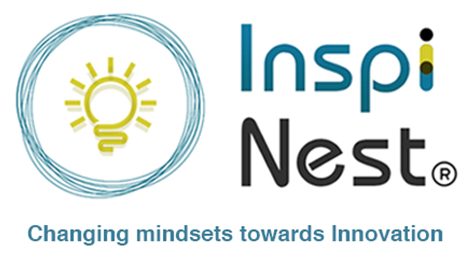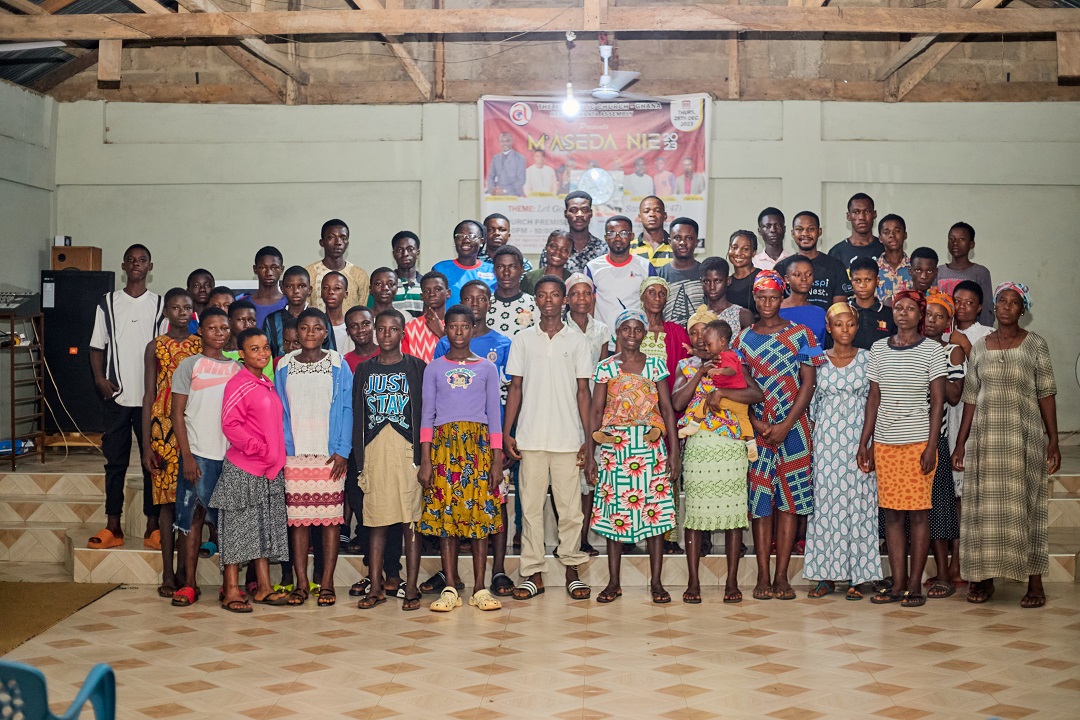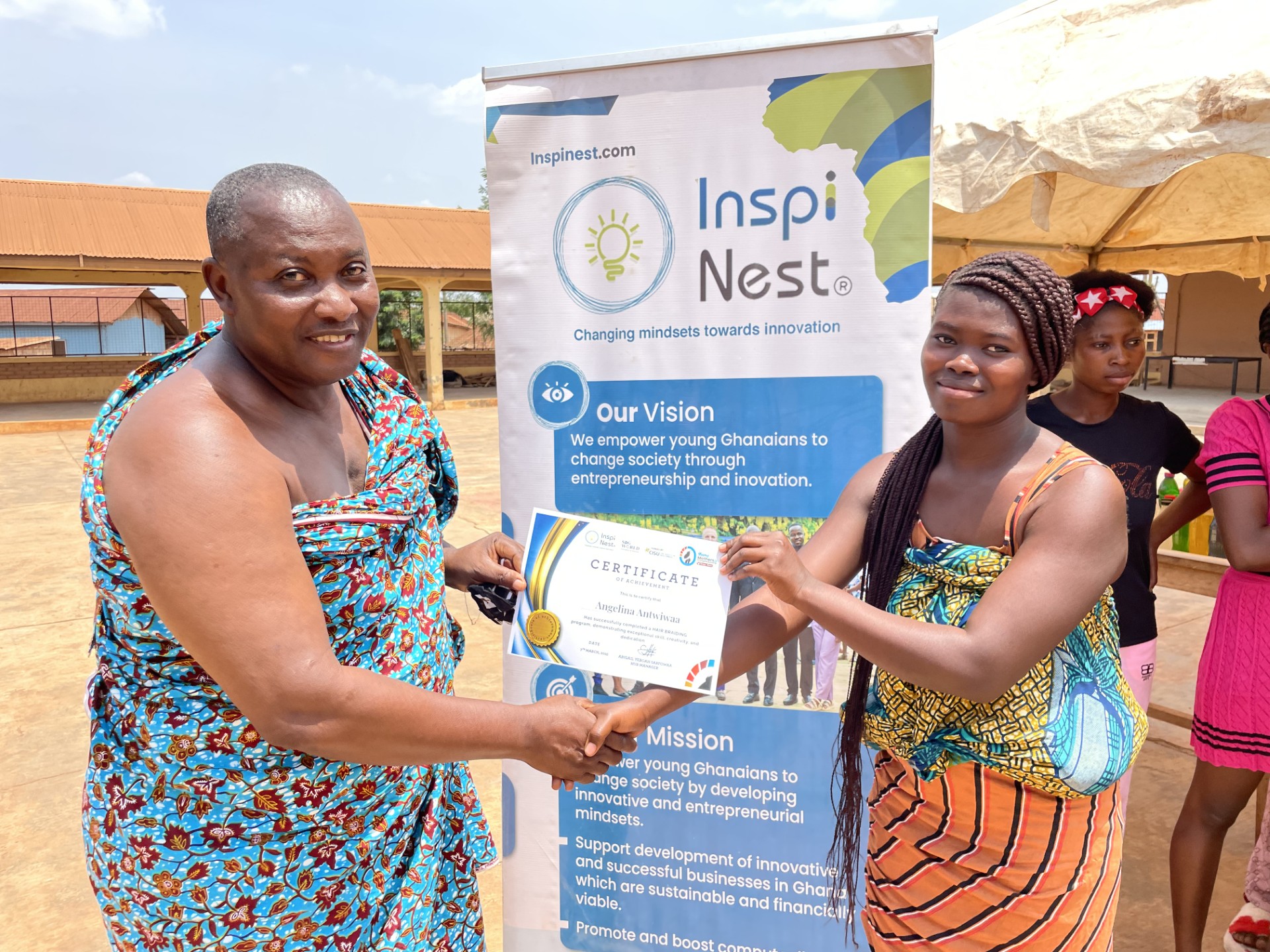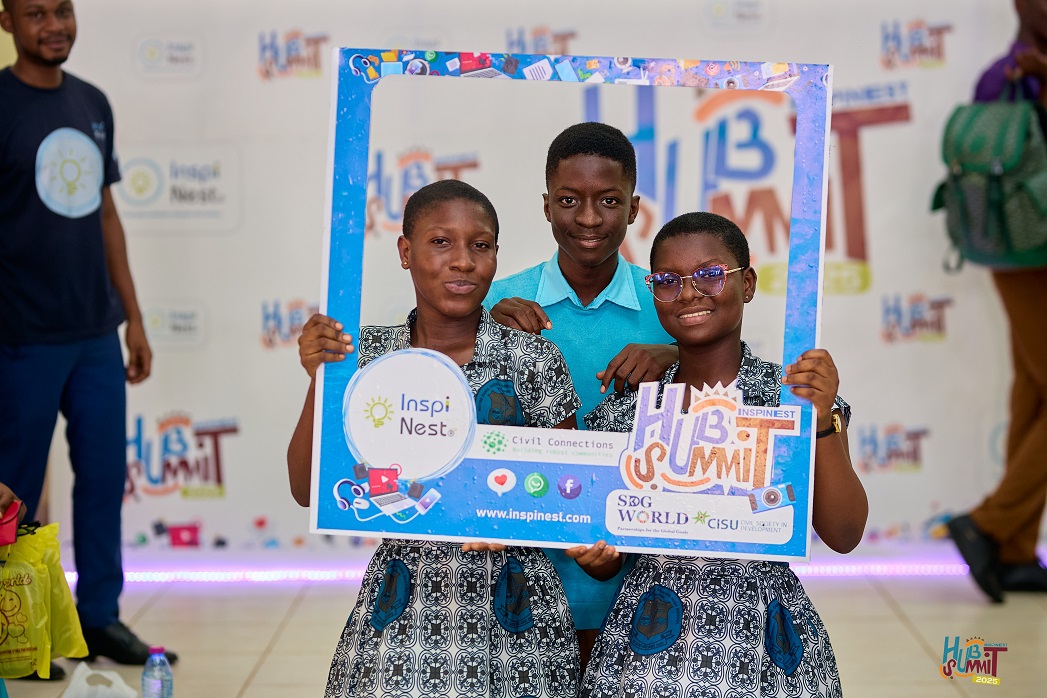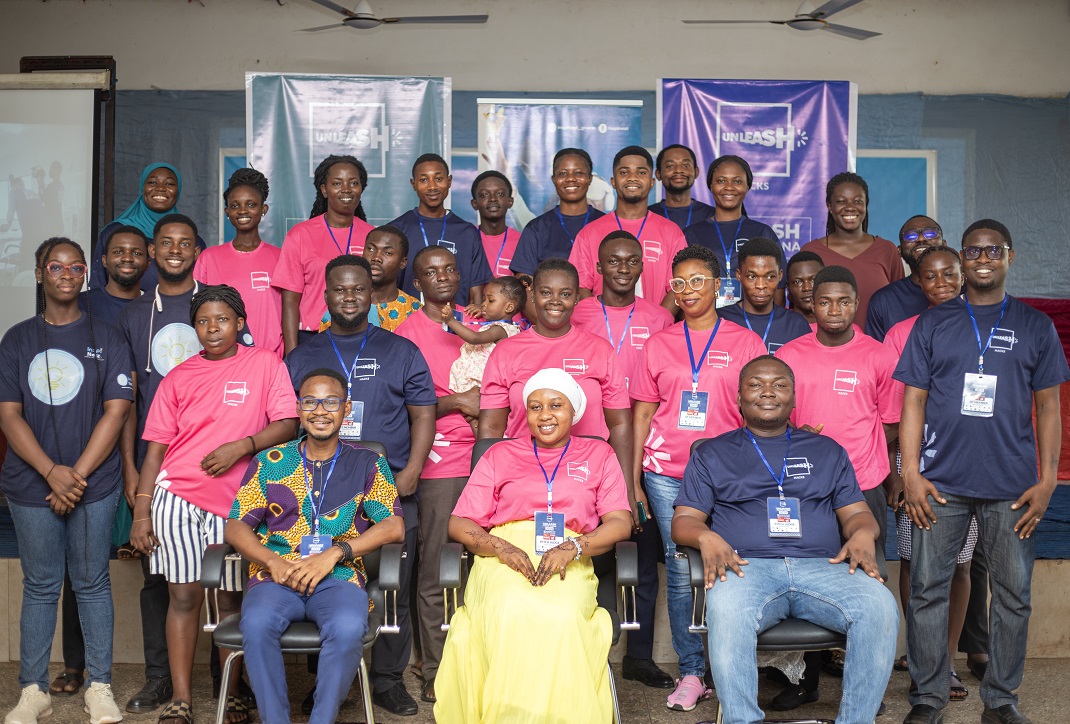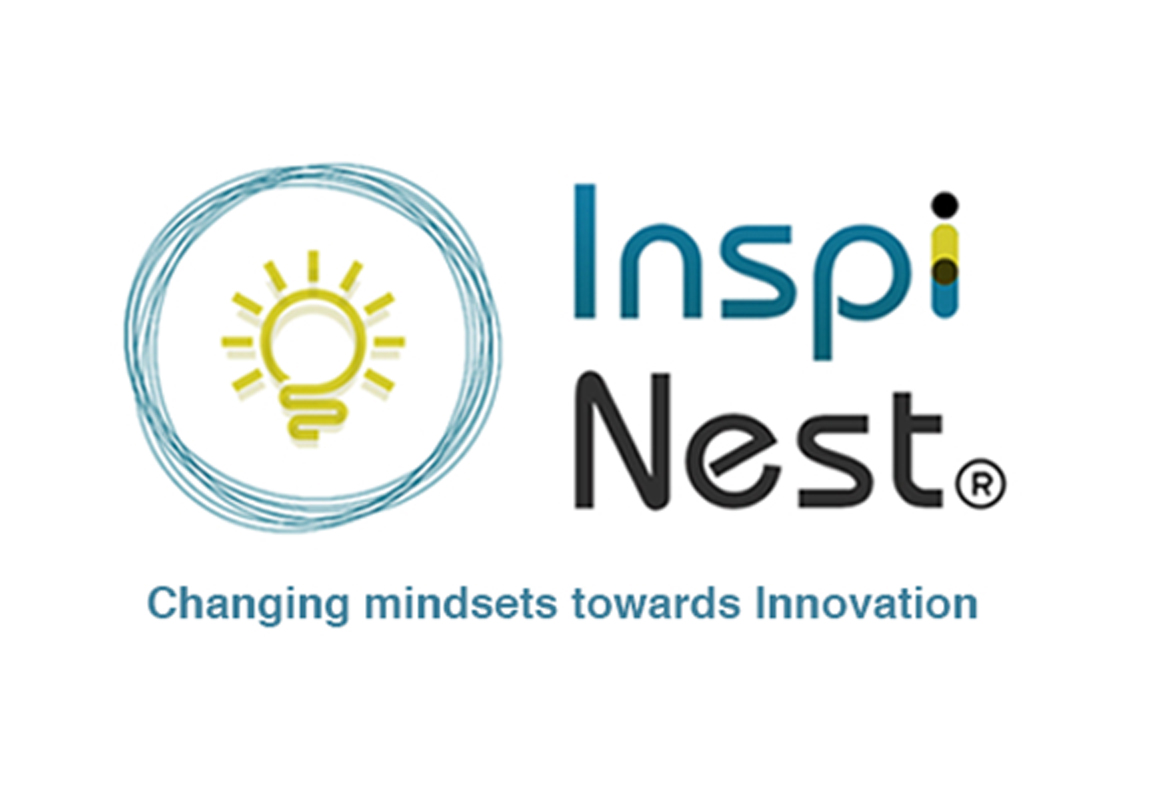Mobile phone signals went off upon arrival at Banu-Nkwanta. Information gathered from the leaders of the host church— Apostolic Church—pointed to a rather unpleasant reality that it is a deprived farming community. Participants thronged in with feature phones or what we popularly refer to in Ghana as “Yam Phones”. We had a task to provide training on digital literacy. A barrage of questions forced their way into my mind at that instant. The concept of digital divide is indeed grimmer when you experience it first-hand.
Banu-Nkwanta is a farming community located in the Sunyani East Municipality within the Bono Region of Ghana.
As you may have already noticed, Banu-Nkwanta provides a challenging setting like most, if not all rural communities in Ghana for the effective use of technology to flourish. Rural areas have often been associated with underdevelopment. Even within underdeveloped countries, there has always been a discrepancy between the levels of development in rural and urban areas. The situation is no different, possibly even worse, in the space of development associated with technology, its access and usage. Several social, economic and infrastructural challenges faced by most rural areas put them at great risk of being cut off from the benefits technological advancement has in store. This consequently has grave implications on education, healthcare, economic opportunities, and political participation, inter alia.
What is Digital Divide?
The term Digital Divide has generally meant the gap between those who do and do not have access to computers and the internet. Even though the meaning of the term is still contested, there is an undeniable level of scholarly agreement that it goes beyond just the possession of computers. More comprehensively, Digital Divide also encompasses the knowledge and skills to facilitate the effective use of technological tools (Digital Literacy). This gap does not only exist between rural and urban areas but also between men and women; educated and uneducated; and rich and poor among other demographic groups and regions.
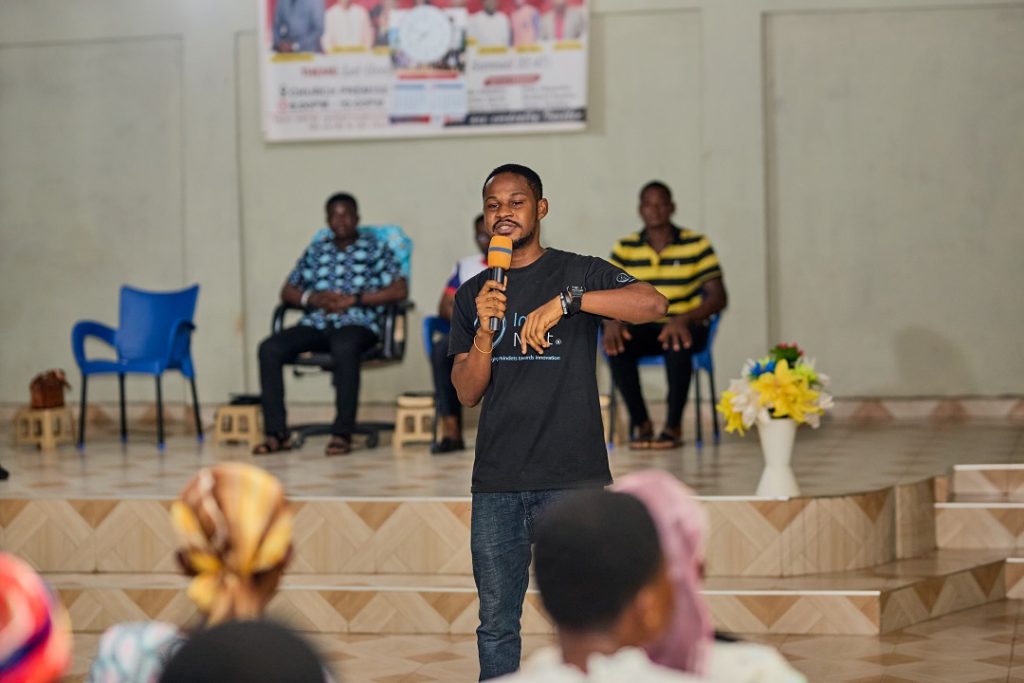
Is it even worth paying attention to amidst all the challenges Ghana has?
This Digital Divide challenge may seemingly appear relatively unimportant, especially in developing countries like Ghana which is replete with a myriad of social and economic challenges. However, the world as it is, has rendered availability and access to technological devices a primary concern. Many have seen a boost in their economic activities, some have enhanced their education, and others have accessed life-changing opportunities through the use of the Internet. A particular sect of society being deprived of network connection, for instance, does not only exclude them from the many advantages of social media and technology in general but also makes it very hard to escape whatever conditions they find themselves in.
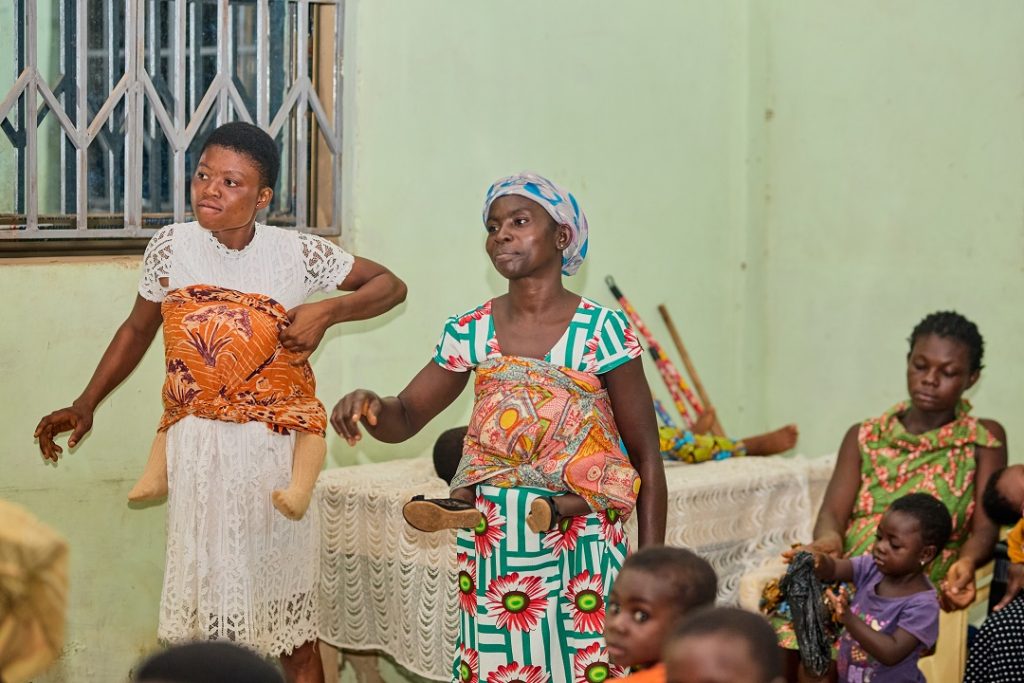
The poor farmer at Banu-Nkwanta can access thousands of prospective buyers of their farm produce at a time when prices of foodstuff have skyrocketed partly because of market traders who tend to take advantage of the general economic situation to profiteer. The student residents of Banu-Nkwanta can also access ample information on the internet to broaden their horizons as well as opportunities available around them. The young people in this community can join in political conversations to make their voices heard on social media, which has become a useful channel for demanding accountability from the political class. All these possibilities and more are presently farfetched there due to little to no knowledge about the usage of technology, broadband infrastructural challenges, and the financial inability to afford the internet and technological devices.
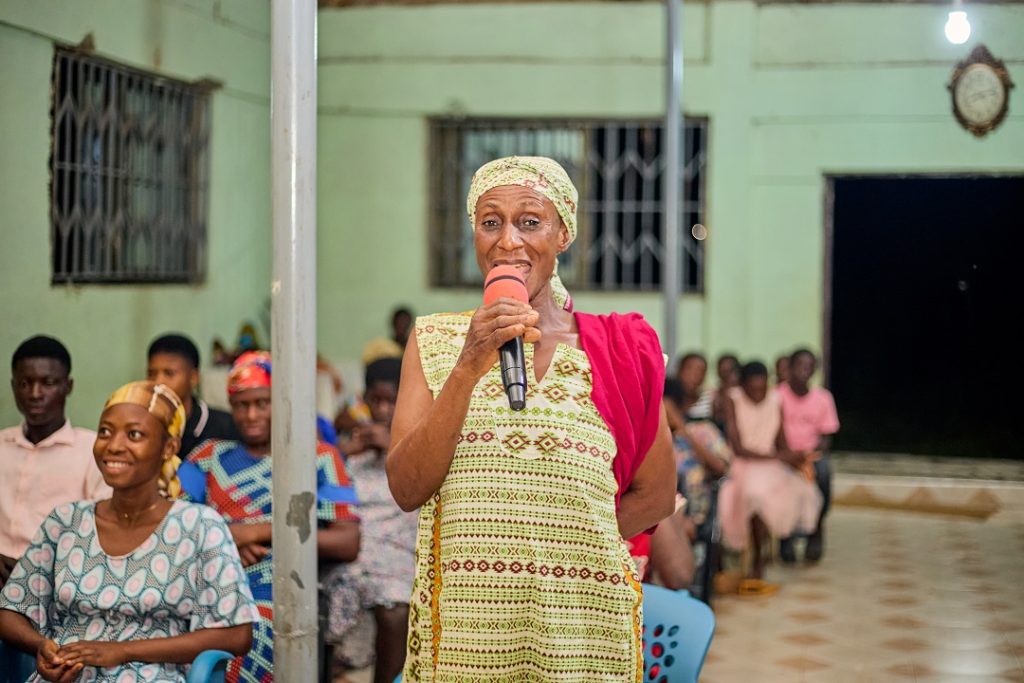
The role of InspiNest – Our Digital Literacy and IT Entrepreneurship project.
Our immediate running project, Digital Literacy and IT Entrepreneurship, seeks to empower about 2000 people within Sunyani and its environs with the knowledge and skills required to navigate the digital sphere which has undoubtedly become an integral part of our day-to-day lives. The project embraces students and non-students alike. Read more about it here: https://inspinest.com/index.php/2023/08/14/inspinest-launches-its-one-year-project-on-digital-literacy-it-entrepreneurship/
What’s next?
Digital Divide itself manifests in many ways and so are the possible solutions to bridge it. But first, there needs to exist ample political will to prioritize this rather disturbing gap. Even as Non-Governmental Organizations contribute to closing this divide by mainly offering digital literacy trainings and technological devices, we need to be unrelenting in our advocacy to ensure that some underlying structural challenges such as internet availability and affordability are tackled by the powers that be.
